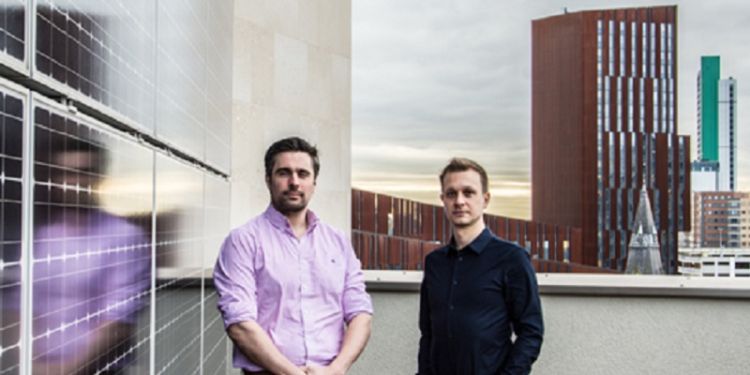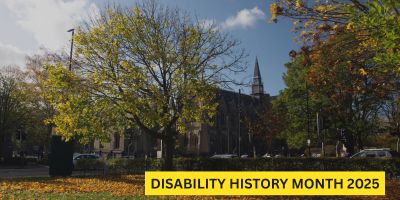Integrating citizens into Europe’s clean energy transition

Dr Mark Davis and Dr Stephen Hall have secured three years of EU Horizon 2020 research funding, to explore how energy “prosumerism” can help to build a more sustainable future.
The inter-disciplinary PROSEU project brings together a new consortia across eight countries, via €3.1M of EU Horizon 2020 funding. Working as Co-Principal Investigators, Dr Davis and Dr Hall will bring €380k to the University and provide investment for a new research fellow post.
The rapidly falling costs of renewable energy technologies, along with advances in battery and other storage mechanisms, are making local and city-scale energy systems a realistic alternative to the centralised systems of the past. This means that energy systems across the EU need to incorporate millions of generators as opposed to a few thousand.
Interested in the role of cities and regions in delivering public infrastructures compatible with low carbon futures, Dr Hall explains: “As we diversify our energy system, we need new technologies for grid management and new ways for citizens to buy and sell energy. This has the dual benefit of opening up new avenues for clean energy in cities, but also reduces our dependence on imported energy”.
Meanwhile, Dr Davis is leading a number of funded projects evaluating forms of alternative finance from a sociological perspective. He said, “The work Steve and I are to lead at Leeds will evaluate alternative business models and new forms of finance that have the potential to enhance the role of citizens in deciding where and how their money is invested. This is opposed to handing over that responsibility to traditional institutional investors and hoping they will create a sustainable social and economic future.”
A part of the EU’s energy transition policy programme, they hope that their research at the University of Leeds will have a global influence by allowing the single European energy market to accommodate a diverse group of new energy stakeholders, and to act as a pathfinder example to other world markets for how to integrate citizens into the energy transition.
The project will commence in March with a launch event at University of Lisbon (FCUL).




